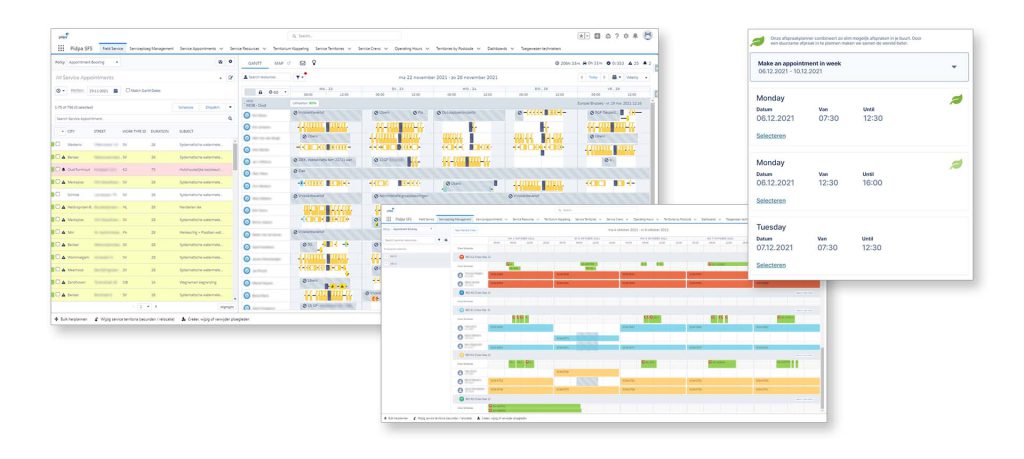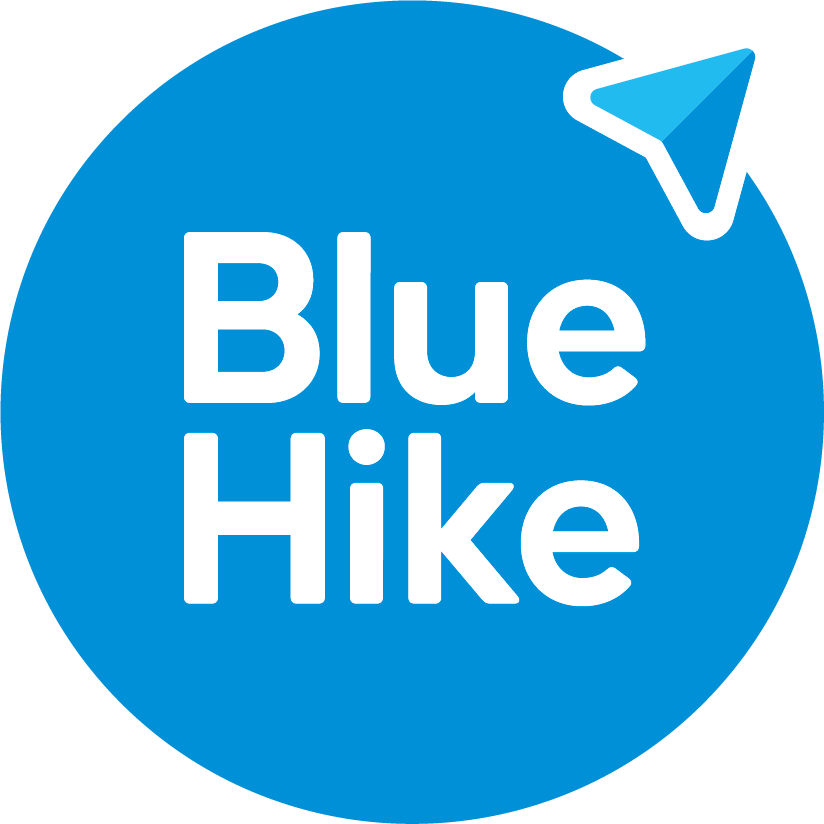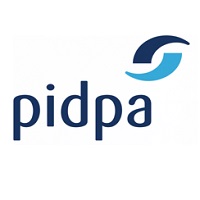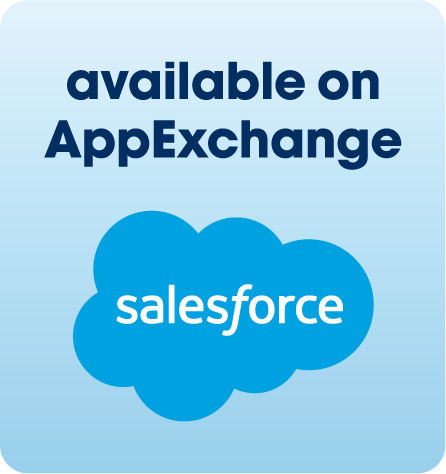About Pidpa
As one of Flanders’ largest water companies, Pidpa provides purified drinking water to over 500,000 customers (some 1.2 million inhabitants) in the province of Antwerp 24 hours a day, 7 days a week. The Pidpa story does not end at the tap, however – the company offers municipalities a wide and varied range of sewage management services. Qualitative waste and rainwater management, tailored to the municipality.
Pidpa is the ultimate ‘water partner’. To underline this, the company has a wide range of water services at its disposal: consultancy, scientific and technological research, customer service, educational projects and protection of natural resources. Pidpa has it all.

The challenge
Pidpa was looking for a planning board with a user-friendly interface, which would allow different departments to manage their planning. The differences between these departments were significant: one department is focused on short-term customer appointments, while another is focused on longer-running shift-based jobs that require more preparation. The search was on for a planning tool that could meet the departments’ different needs through flexible configuration, relying on minimal use of customisation.

In addition, the company had varying levels of planning experience and maturity. One department already had ample experience using a planning tool and automatic optimisation, while in another department, scheduling was still largely carried out manually. There had to be a way to exchange experiences with processes and practice between the departments. Pidpa was looking for software as well as a partner that had experience in optimising Field Service processes, who could guide them in making the next step in planning.
“Choosing SFS in combination with BlueHike provides a future-proof path to optimisation.”
Bram Celis – Service Manager
Chosen solution
To further optimise its various departments’ planning, Pidpa selected Salesforce Field Service as its planning solution.
Pidpa uses SAP as its system-of-records, making it essential to integrate planning-relevant information between SAP and Salesforce. For this purpose, Pidpa uses the Ideo SAP-SFS Adapter which easily integrates work orders, assignments, technicians, and absences. It provides an up-to-date overview of planning in both systems.
To support easy scheduling of customer appointments, integration between Salesforce and Pidpa’s self-service website (MyPidpa) was set up. Call centre staff at Pidpa can use the same service, from the intake screen in SAP. Salesforce logic is used to return the optimum time slot based on factors such as current capacity, qualifications and travel time. This incentivises the customer to pick a slot that best fits their schedule, minimising travel times and CO₂ emissions.
Using nightly optimisation, all customer appointments and fill-in work orders are combined to create the best possible planning.
The planning board was enhanced with Salesforce’s low-code automation capabilities to simplify time-consuming operations for the planner, such as scheduling shifts and mass scheduling of orders (in and out). All scheduling information is integrated with SAP in real-time using the SAP-SFS Adapter, so that all actors and applications see the same information.
Pidpa uses a mobile solution based on Ideo Mobile Forms which ensures planning is properly connected to employees in the field. Feedback from the field is incorporated directly into the planning board, offering planners insight into progress on the day of execution. Because the planning board is up-to-date, fully and semi-automated planning tools can be used to resolve disruptions and bottlenecks in the planning.
Implementation
BlueHike, in a joint project team with Pidpa, implemented the solution in approximately five months. A hybrid project approach was adopted, with its final goal clearly defined in advance (‘waterfall’). However, there was room for interaction and adaptive interpretation of business needs during implementation (‘agile’). By drawing up a high-level blueprint and a clear building plan in advance, it was clear to the stakeholders which issues were to be worked on and when the specific components would be shown in a demo. Close involvement of key users during the build sprints ensured that functionality could be fine-tuned to user wishes, without losing sight of the ultimate project goal.
Through this approach, BlueHike ensured that maximum business value was generated with the implementation of the Salesforce Field Service package. The entire project was conducted remotely as a result of COVID pandemic constraints. Staying in close contact through numerous video calls and being readily available and accessible meant that these limitations did not present an obstacle.
This project has set the stage for further optimisation of Field Service within Pidpa. With the experience gained and the excellent involvement of planners and technicians, the Field Service process and supporting tooling can be further optimised.












